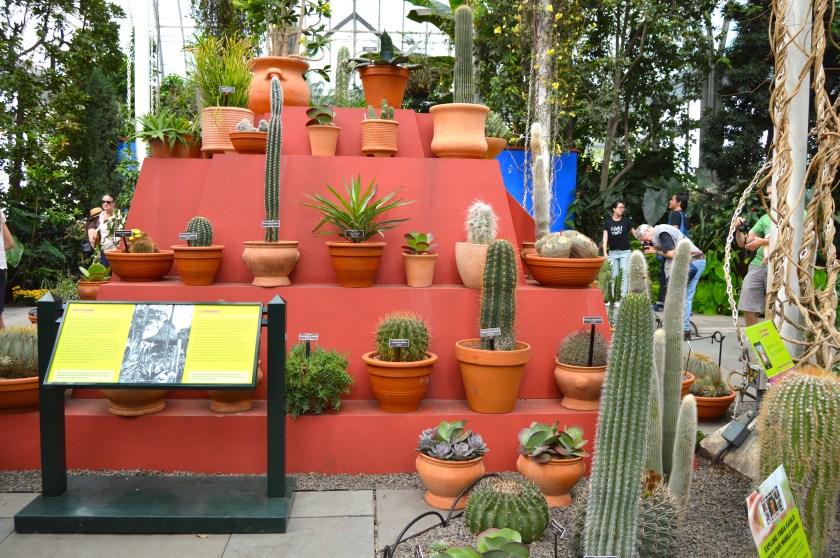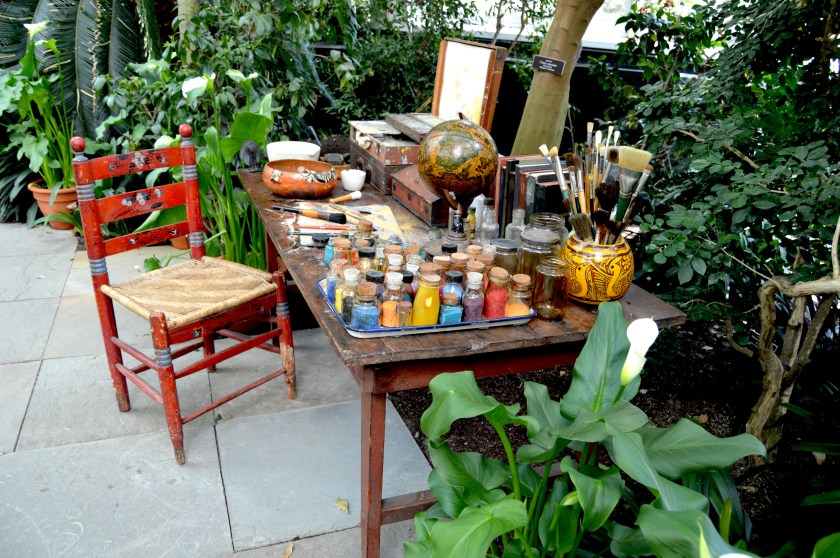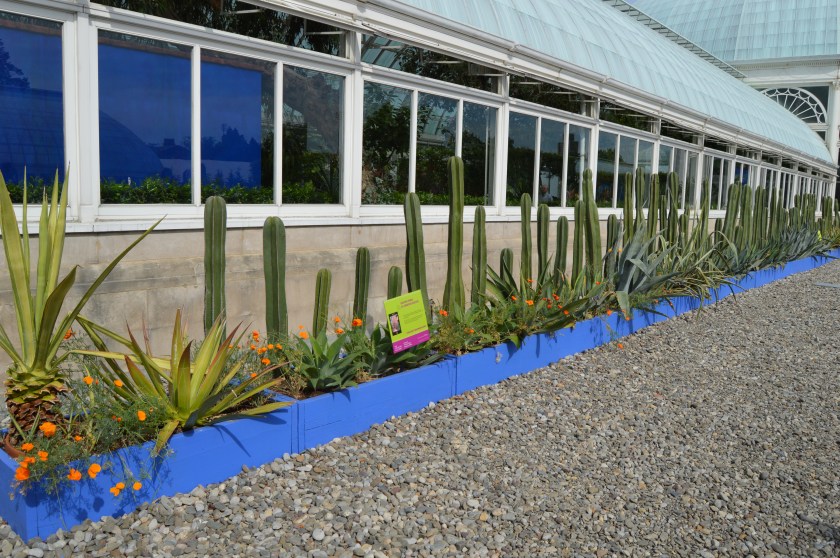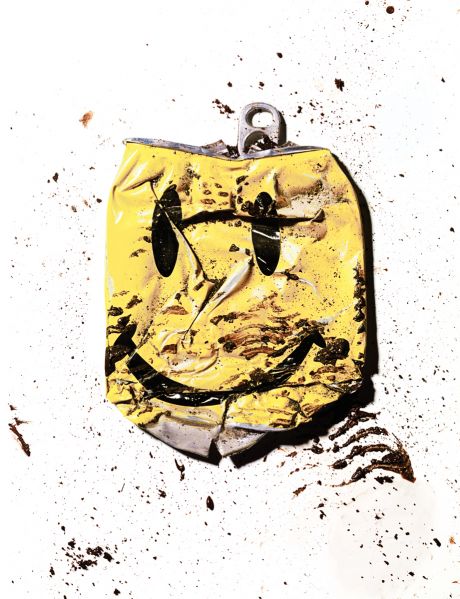When I was a child, adults always told me how adult-like I was, how quiet and composed and calm. I’ve been grown my whole life. Together, orderly, good. I never had the luxury of messiness, of mistakes, of forgetfulness. My value rested on how well I could prove that I am indeed valuable and worthy, how well I could prove my case.
According to the statistics for girls like me (fatherless, raised by a single mother, low economic status, etc. etc. etc.,), I should have become a teenage mother nursing multiple addictions with an abusive boyfriend or husband (less likely since the expectation is that I wouldn’t get married in the first place). I would be poor, of course, and live through troubled, shaky teenage and young adult years. Getting in with the wrong crowd, dabbling in legal issues, and treading toward a bleak future.
That’s just a snippet of my projected path. I think I was always conscious of these “realities” waiting for me or maybe because I internalized the idea that these things were all I was good for, I ran fast in the opposite direction. I became, instead, a “good girl.” I was aware from an early age that people around me had the lowest expectations of me, even those who loved and cared about me. At best, maybe they were expectant or curious about where I’d end up. But I knew in my fiber that people overlooked, underestimated, and devalued me.
To be fair, there were also many people around me who were extremely encouraging, often reminding me of the great possibilities I can achieve if I work hard and remain focused. They imbued positive energy on me and wished for me the best things. But it was often tinged with the idea that because of my life circumstances, I couldn’t be like other kids. I couldn’t mess up like they did or afford to get more C’s than A’s and B’s on my report card or give my mom too much trouble because she wouldn’t be able to handle it. So even with their love and support, I still knew that was I was working toward was moreso survival, breaking barriers, improving my circumstances, instead of thriving, becoming, reaching my full potential, and succeeding for the sake of achieving whatever it is that God put me on this planet for.
And so the rest of my years were dedicated to fiercely proving wrong the low expectations set against me. Showing them that I was capable of staying out of trouble, of being pure and good, of achieving and performing. The good, stable, wholesome girl became a lot more comforting and promising than the promiscuous, imperfect, human one. Although when other girls became just that, it was thought of a matter of a phase, simply a matter of misguided decision, a redemptive circumstance. I knew those liberties did not apply to me and so I acted accordingly. I could do good – I became a pro at editing, erasing, compartmentalizing pieces of myself. It became easy. It became natural. It became me, like second skin.
My life is a series of buried traumas. And when those memories resurface, I’m left wondering how I survived. Burying and pretending to be normal were my survival mechanisms, that’s how. I had to create a semblance of goodness for myself.
But I am so ready to unlearn the baggage of a quarter of a century. Because otherwise? I’m terrified that I might just collapse under the weight of it all.





















